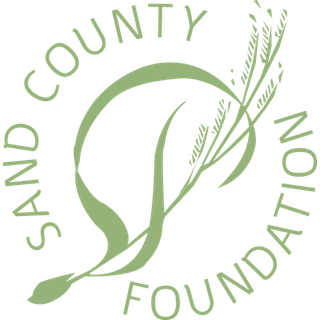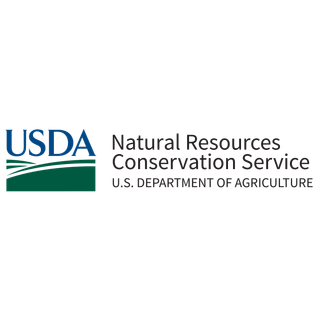John and Dorothy Priske
John and Dorothy Priske liken their fields and pastures to sons and daughters.
They’ve worked shoulder to shoulder to improve their farm’s environmental and economic resilience with conservation practices and direct marketing.
Both were born on Wisconsin farms, but their path back to farming was hard won. They worked off-farm jobs out West before saving enough for a down payment on 280 acres in Columbia County in 1986. After growing asparagus with John’s brother, their first years of raising livestock and row crops were met with struggle due to low commodity prices.
A visit to a grass-fed beef and sheep station in New Zealand convinced them to change course.
The Priskes began transitioning their crop fields to pastures. Deep- rooted grasses benefit soil health by accumulating soil organic matter, infiltrating water, and sequestrating carbon. A continuous living cover reduces the risk of soil erosion.

They chose a breed of cattle, Scottish Highland, that could eat an oak savanna’s rough forage. They devised a rotational grazing system that would benefit the cattle and the landscape.
By the early 2000s direct marketing their beef became the backbone of the farm. They supplied choice cuts to high-end Madison restaurants, and sold beef at the Dane County Farmers' Market. It was at their market booth where they would show customers a notebook detailing their conservation practices.
“They’re not just buying our beef. They’re buying our farming practices,” Dorothy said.
The Priskes also shared their lessons learned with other farmers by hosting field days and seminars on profitably managing land and direct marketing beef.
They built relationships with their customers and conservationists as well. In 2004 they were selected to attend Terra Madre, a gathering of 5,000 farmers from 130 countries committed to sustainable farming methods. The Priskes helped train district conservationists on working with farmers, and leased land for Madison College’s Institute of Sustainable Agriculture.
In 2017, in collaboration with University of Wisconsin researchers, the Priskes planted 12 acres of Kernza, a perennial grain with an extensive root system. Two years later they hosted an international Kernza conference, attracting researchers from across the globe to view their fields of the deep-rooted wheatgrass species. Their grain was sold to Patagonia Provisions that made the world’s first beer from Kernza, aptly named Long Root Ale.
Over the years the Priskes restored 30 acres of tall grass prairie, and 30 acres of prairie wetland previously drained for cultivation. Such efforts earned them the “Leopold Restoration Award of Excellence in Ecological Restoration Practices” from the Friends of the University of Wisconsin Arboretum.
Now retired, the Priskes remain active in promoting responsible land management and agricultural sustainability. They’ve sold all of their Scottish Highland cattle, and rent their pastures to other graziers. They maintain land enrolled in the federal Conservation Reserve Program with prescribed burnings.
To protect their legacy, the Priskes placed an agricultural conservation easement with the Wisconsin Department of Agriculture, Trade and Consumer Protection on the farm that restricts development in perpetuity.
The Priskes tell visitors that viewing their farm is like “seeing a piece of their souls.”
It’s a fitting remark from the newest recipients of the Wisconsin Leopold Conservation Award; It was Aldo Leopold who wrote, “The landscape of any farm is the owner’s portrait of himself.”













